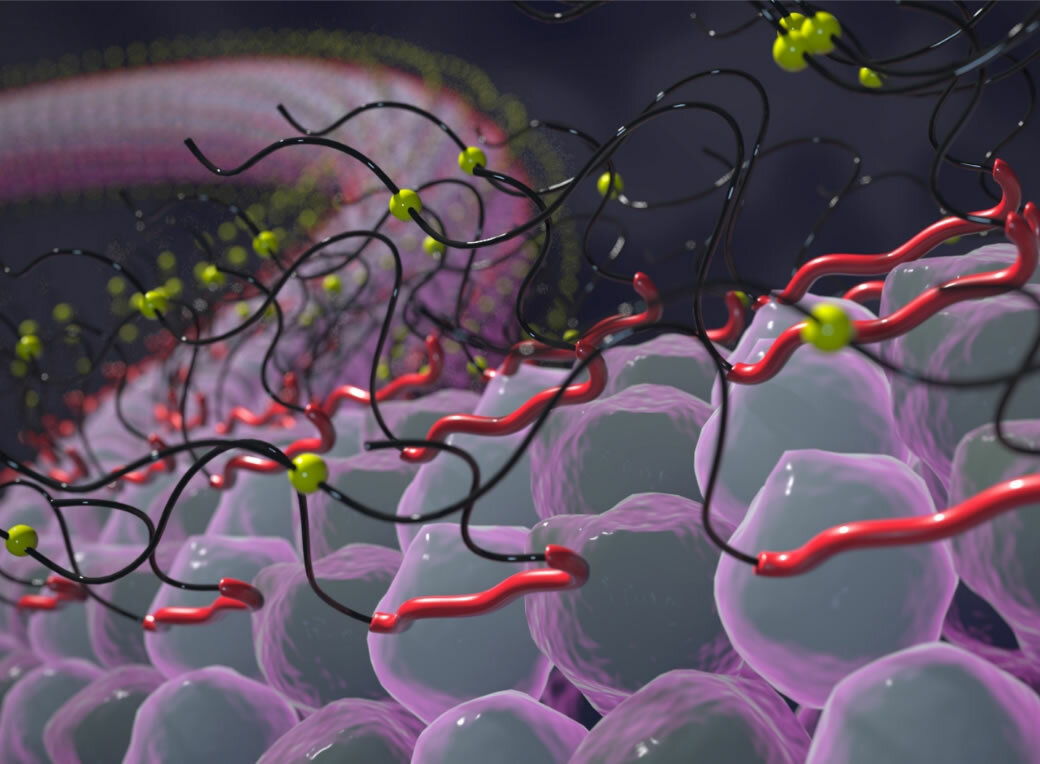Our product
HMTM is a drug with the potential to slow disease progression in Alzheimer’s and behavioural variant frontotemporal dementia

A pioneering late-stage
tau therapeutic
Our product, Hydromethylthionine mesylate (HMTM), has been submitted for approval by the UK’s Medicines and Healthcare products Regulatory Agency (MHRA) and could be the first disease-modifying treatment available for mild cognitive impairment (MCI) and mild to moderate Alzheimer’s disease. It is the only late-stage tau therapeutic, distinct from all current and near-term anti-amyloid treatments. Our application is being reviewed within the scope of the 150-day accelerated assessment procedure, which is used by the MHRA to hasten the availability of medicines for patients in the UK.
Promising results
- By targeting tau aggregation: HMTM aims to reduce the build-up of tau protein clumps in the brain, a hallmark of various forms of dementia.
- By enhancing acetylcholine: Additionally, HMTM works to increase acetylcholine levels in the hippocampus, a brain region crucial for memory function.
This dual-action approach, addressing both structural brain changes and chemical imbalances associated with the disease, makes HMTM a promising potential treatment for the stages of dementia. Data from the recently completed, global Phase III clinical trial, LUCIDITY, were presented at the 2024 Alzheimer’s and Parkinson’s Diseases Conference in Lisbon, Portugal. The evidence gathered from trials involving over 3,000 participants indicates HMTM has a strong safety profile and could be delivered with minimal patient and physician burden.
Neurofilament Light Chain (NfL) is an established biomarker for neurodegeneration. LUCIDITY showed a significant reduction in the change of NfL, in the randomised double-blind portion of the study at 12 months. Clinical measures showed improved cognition over baseline levels that was sustained over 18 months in MCI, as diagnosed in the LUCIDITY trial. Patients in the control group were unable to catch up in terms of cognitive function despite transitioning to 16mg per day HMTM (target dose) in the open-label phase after 12 months, emphasising the importance of early intervention with effective therapies in Alzheimer’s disease.
of the millions of people living with dementia globally have not received a diagnosis


